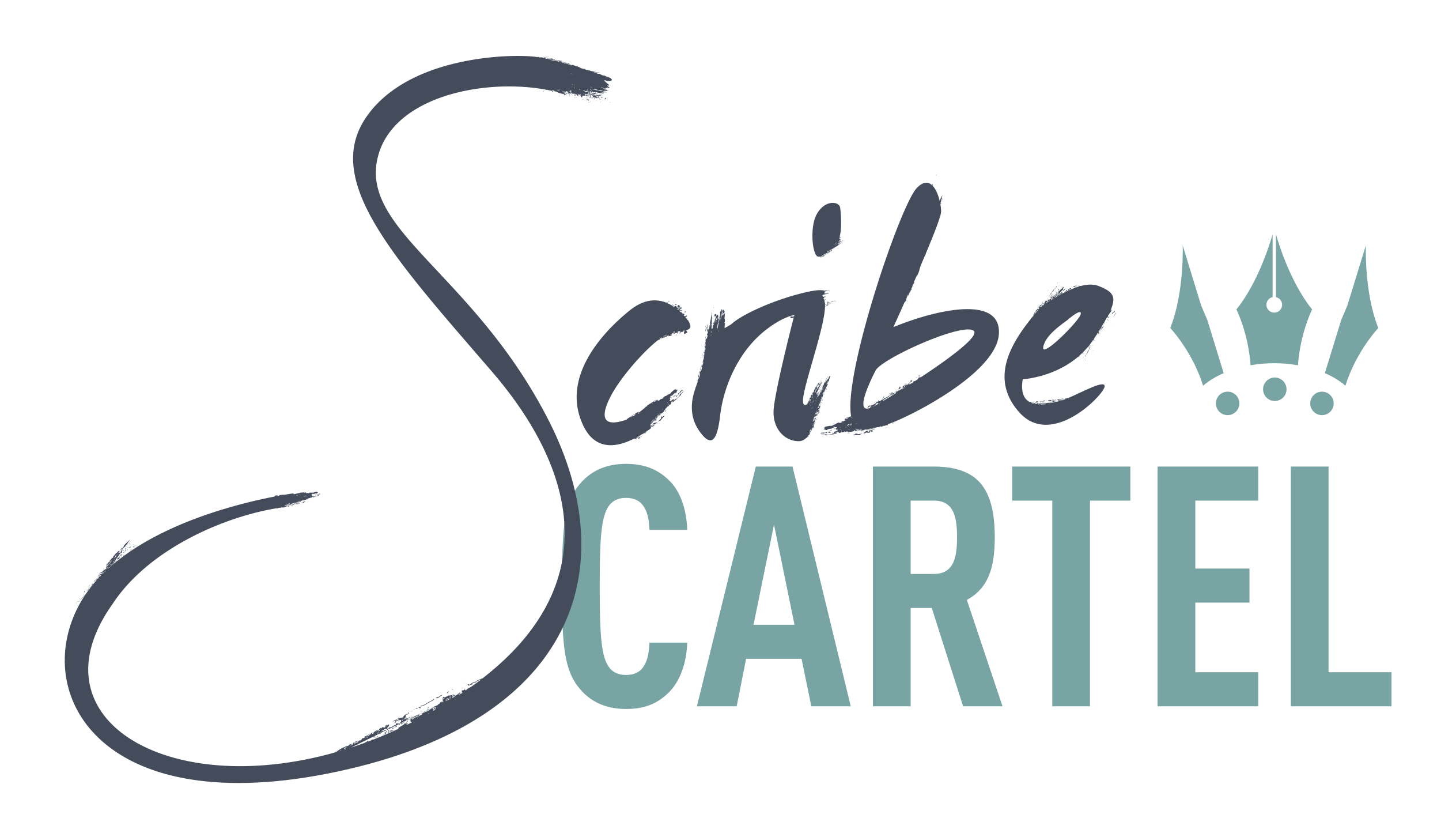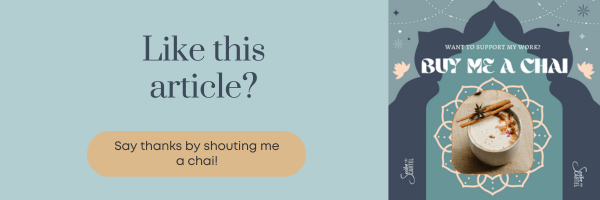It’s not breaking news that social media has changed how we transact information and impacted our brain development, function and cognitive ability, interpersonal skills, empathy capability, and self-esteem, particularly with young people as they rely more on virtual relationships over real ones.
You may have also noticed too that content is getting briefer and is required on some platforms. Even learning is being condensed into micro content delivered through apps. AI is playing a role; since we can now produce more even faster there’s a noticeable increase in superficial, droll and cluttered content. Algorithmic dominance is easier when you can get a bot to churn something out and post six times a day.
High-quality, valuable content does stand out in the busy digital seas, but you have to scroll to get there sometimes, and by that point, we’re starting to check out, likely not taking much notice of what we’re scrolling through.
The micro-content push
Micro-content means platforms can show us even more of what we like. If you comply with the platform’s strategy, you’re more likely to be seen because the algorithm makes it so. It’s psychological programming, funnelling us into further digital enmeshment to be relevant according to platform rules.
Non-compliance sees us banished into algorithmic obscurity. Not great for business.
To build your audience again or ask them to move to another platform is different from changing digital agencies if the one you’re with isn’t getting you results. I posted this reel expressing my frustration when Instagram kept cutting a 2.5-minute video into 15 seconds or a minute.
Your values Vs the machines
As so many of us are blazing side hustle trails, we rely on these platforms incredibly for our marketing and therefore, livelihood over traditional marketing approaches.
Marketing has always had the hard and fast element, scarcity and fear-based tactics to coerce people into FOMO-impulsed buying. These tactics make people cynical about being sold to, and leave soul-led businesses feeling energy-siphoned when they see or try to use these tactics, believing it’s the only way to get cut through.
Having a solid sense of self has never been more critical to contesting social media’s values and intent. Hours of your time and attention, more tailored ads and content ensure the platform entices you into an extended online stay.
Even shorter stories
The micro-content shift and compressed communications make authentic relationship-building through storytelling harder. We cannot rush loyalty. The building of trust that will ideally germinate testimonials, return buyers and those word-of-mouth referrals that money cannot buy.
“The value of storytelling lies in its ability to make us think and feel on an emotional level, communicate our values and beliefs, raise the perceived value of an item, create brand loyalty and stimulate our natural tendency to wonder” (Source)
This concept hasn’t changed and has been the linchpin for successful brands over the years. We marketers still have to do this but in less time. Storytelling is in our DNA. Snackable content sounds cute, but I often need more than a minute to tell a genuine and valuable yarn.
“Most marketing we see is so fast…So much rushing…What would happen if we all. slowed. down. our marketing?” Tad Hargrave, Marketing for Hippies.

Psychological and brain impacts
I recently connected on this topic through Instagram with Melissa from Elementum, a psychologist who developed The Worry Successfully Journal, which offers practical strategies for anxious minds using ancient wisdom and modern psychology.
“Concerning the short attention span, there is no doubt that social media and its intentional designs have impacted human cognitive function. We know from research that the dopamine hits people receive in the brain once getting a like reinforces a feeling of happiness which get people craving more and wanting to come back on these platforms”.
“Generations who did not grow up with social media can see this effect on them as they had lived experiences from both living in at a time when social media didn’t exist and the time it does”.
Decreasing attention spans
In 2000, Microsoft conducted a study that determined the human attention span was about 12 seconds. Fifteen years later, they replicated the same analysis and found it was now eight seconds – one second less than a goldfish! One of the theories for why is neuroplasticity – the brain’s ability to adapt and change through experiences.
Some attribute this decline in human attention span to the increasingly digitalised lifestyle on our minds, the desire to be constantly connected and the almost inescapable presence of social media in our lives.
When this study came out, the marketing industry was all over it. They learned that consumers could absorb and understand the information presented to them in a shorter time frame for less cost. It changed the marketing rules to keep things short and to the point with catchy headlines and images.
Transactive Memory
More long-term studies are required to see the brain’s impacts, but there is evidence of how it’s making our transactive memory redundant, where information is shared among a group of people you can later ask.
Say you went on a holiday with friends and ate at an incredible restaurant. Later you’re telling someone about this place and the experience, but you can’t recall the restaurant name. You flip out our phone and Google it instead of calling or texting a friend who was there. There we have The Google Effect. How often have you asked someone a question and been told to Google it?
Strategies for keeping our minds in check
- Understand why you use social media. What brings you to it, education, entertainment, business or other? Once you know your why, create dedicated timeslots for use. Set time limits then, based on why you use it, find what works best for you and implement that into your daily routine.
- Prioritise movement and physical activity (improves focus and concentration) and in-person over virtual interactions.
- Practise non-reliance. Next time you need information, try books or ask others who may know. And when people ask you, try to remember it over defaulting to Google.
- Our brains create a stronger connection to information when we write it down, so use a notebook instead of making digital notes.
Our time here is finite, we know this. While there’s the relevant urge and some level of necessity to pack in as much as possible, acts like savouring slowly chewed mouthfuls, thoughtful conversation pauses, and unhurried walking to take in the view are what make our experience here more connected, meaningful and memorable. Maintaining the integrity of our minds depends on resisting the rush and cram demand.
Want to write like this?
Interested in writing thoughtful, informative blogs over short social media content that will get people to your website to book you, but you aren’t sure where to start? Download The Blogging Breakthrough: A guide for holistic health practitioners to brainstorm, research, structure, and write standout blogs as core content.



